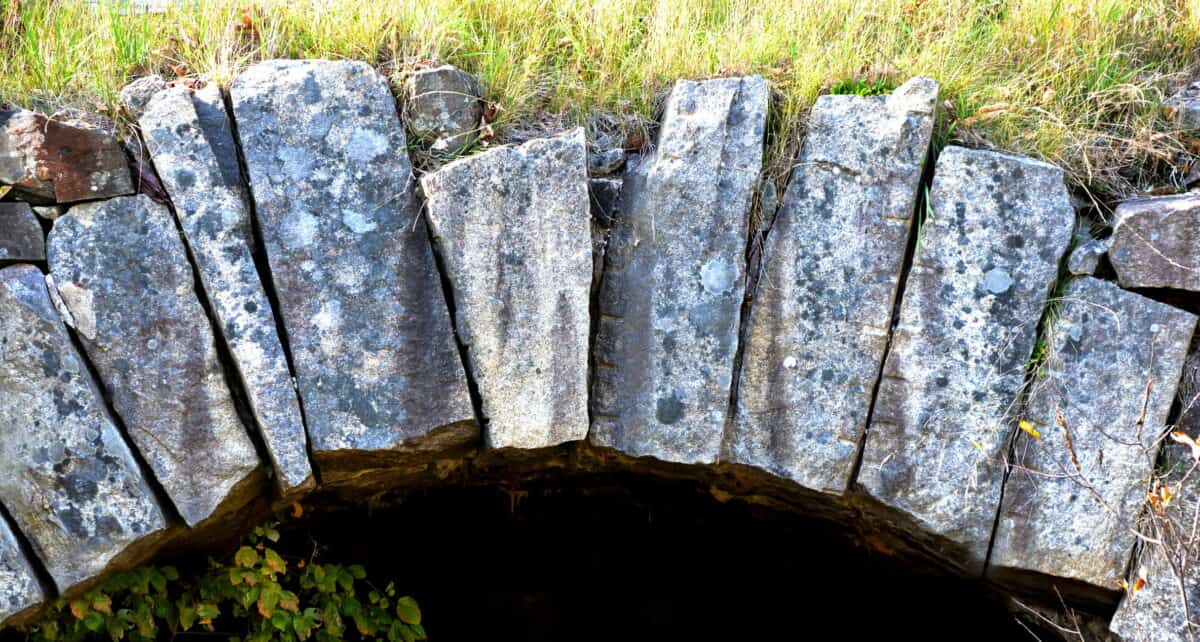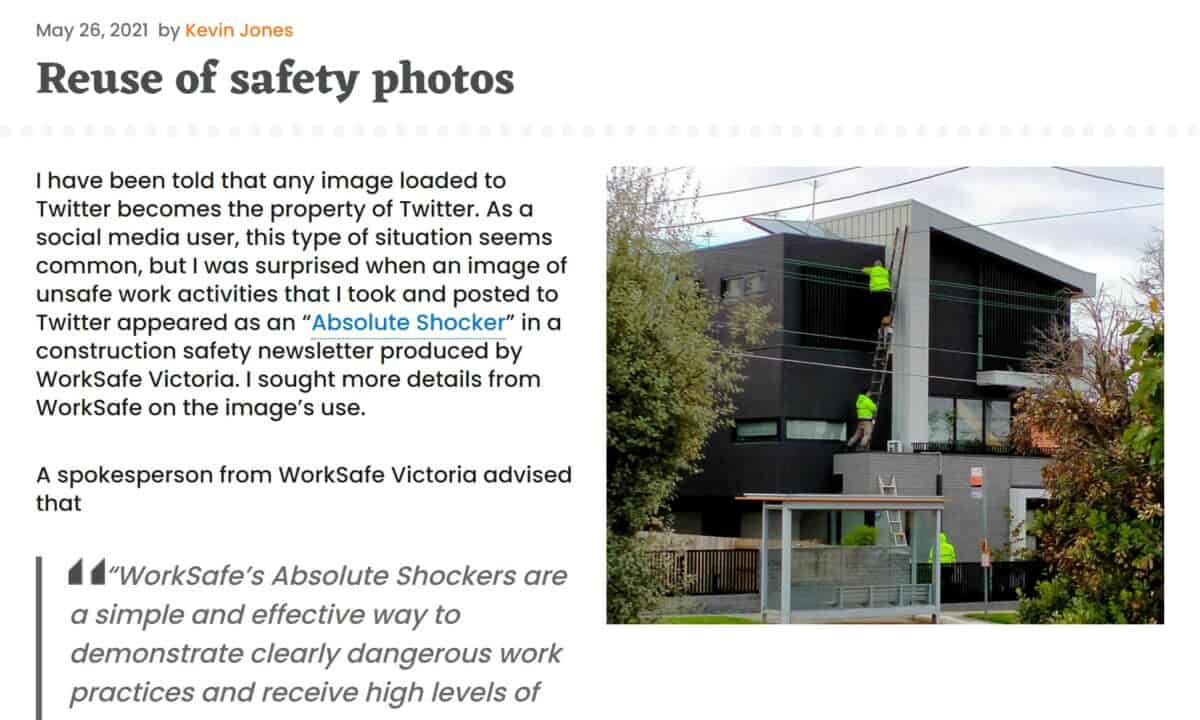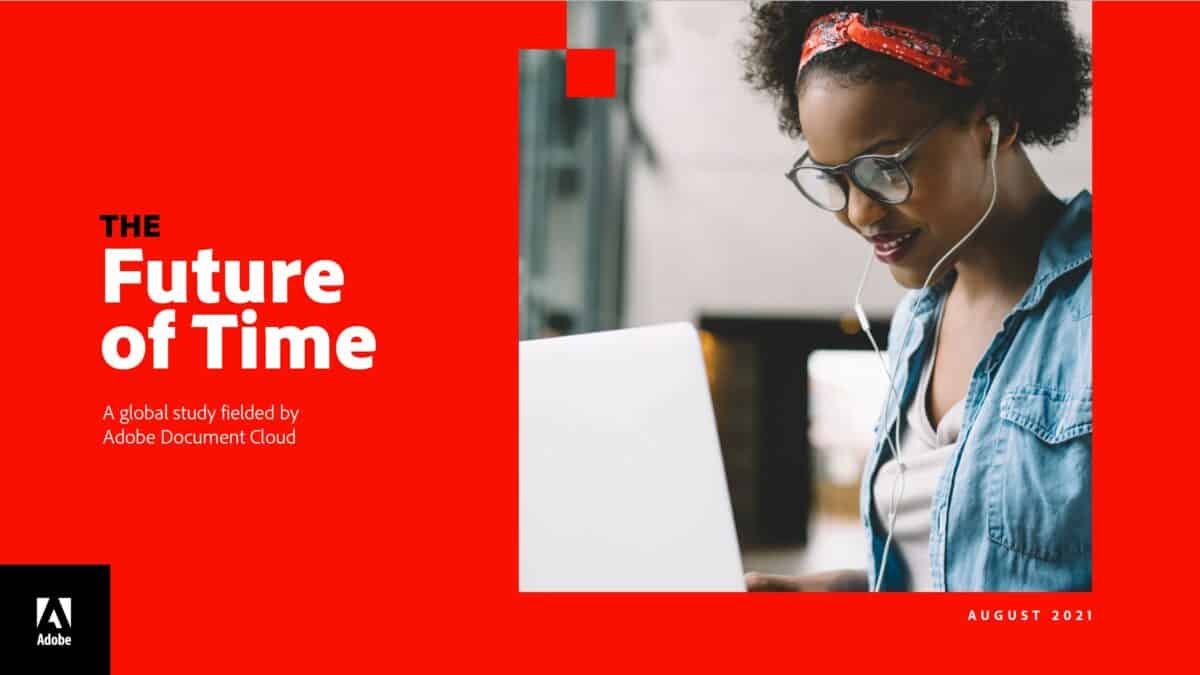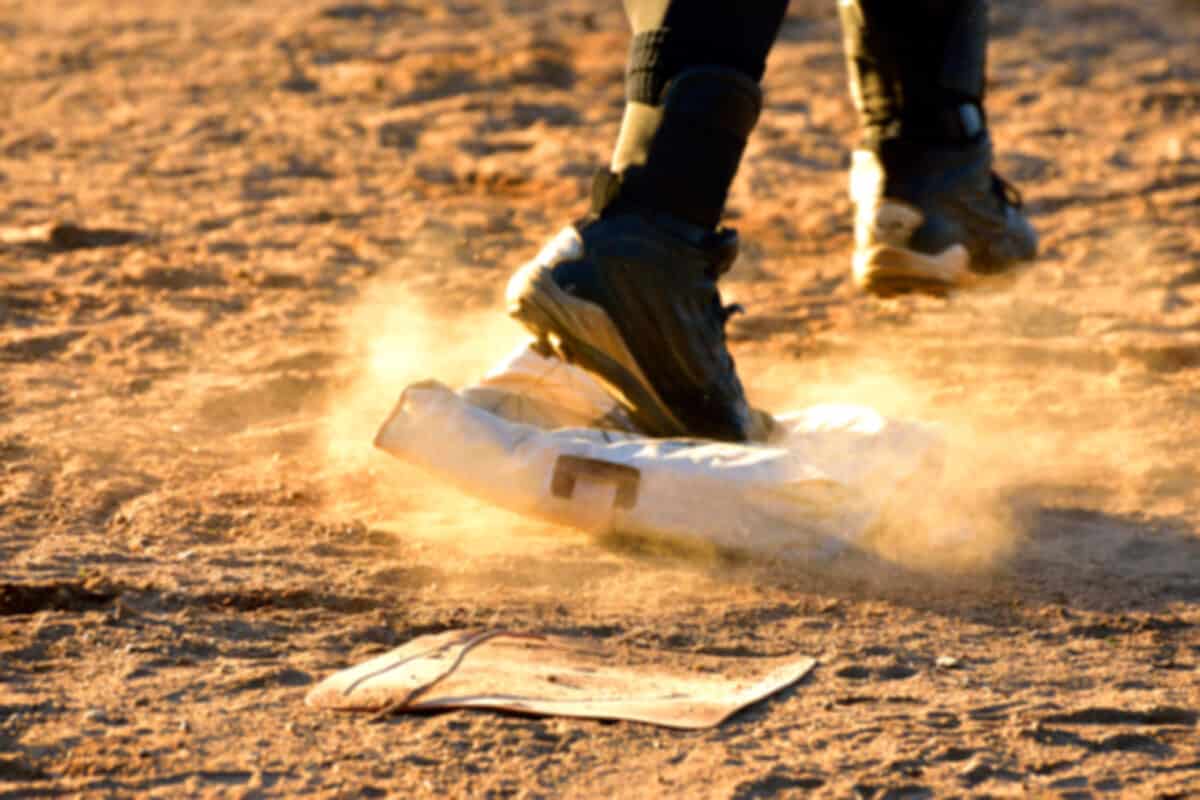This week Forbes magazine included a peculiar article about Australian occupational health and safety (OHS) headed “If You Think Managing Worker Health And Safety Is Expensive, Try An Accident“. The article written by Susan Galer includes several curious perspectives and mentions industrial manslaughter (IM).
Category: media
Safety is less of a joke but still struggles for credibility
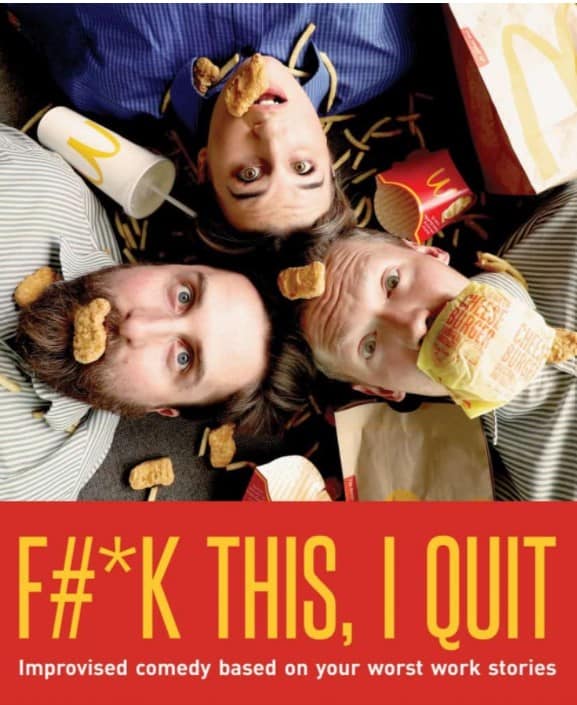
In a SafetyAtWorkBlog post from early 2008, “Is OHS a Joke?“, I included an example of the misunderstanding of occupational health and safety (OHS) by a supermarket worker. This echoed some of the myths being busted by the United Kingdom’s Health and Safety Executive. OHS is less of a joke in 2010, but only just. HSE’s myth-busting campaign was suspended in 2018, but OHS may face a more significant challenge than ridicule, its credibility. The application of OHS laws is gradually eroding the “occupational” from the “health and safety”, and the social ripples of this change are only just being acknowledged.
OHS is a key process for control of COVID
It is always important to note when those outside the traditional occupational health and safety (OHS) networks speak in favour of OHS and its critical role in business decisions.
On September 20 2021, ABC’s Mary Gearin spoke with Emeritus Professor Malcolm Sim of Monash University about the likelihood of mandatory vaccinations on the ABC Drive program. Sim said:
Continue reading “OHS is a key process for control of COVID”Image reuse resolved, sort of
It has taken several months to obtain some clarity from the Copyright Agency about WorkSafe’s reuse of an image of mine in one of their email broadcasts without my knowledge.
This week the Copyright Agency advised:
Continue reading “Image reuse resolved, sort of”“The Government Statutory Licence, in particular that under s.183 of the Act, allows the Government (Commonwealth and State/Territory Governments) to use copyright for government purposes but they must come to terms with the rightsholder or (for government copies i.e. reproduction) the declared collecting society. It seems that the use of your image by WorkSafe Victoria in the manner you describe likely falls within the uses allowed under s.183.
Revelations for wellness providers and workers
The Australian Financial Review (AFR) is Australia’s national newspaper on business issues. Recently its Editor Michael Stutchbury stated that he purposely focussed the newspaper on being business-friendly. This is understandable as businesses and employers, and entrepreneurs are the paper’s subscriber base and market, but sometimes articles can be too business friendly, and a recent article on burnout and the four-day-week may be an example. Thankfully the AFR article also included a brief mention of a more useful global survey about work in a time of pandemic.
The article, called “Pandemic burnout ignites argument for shorter workweek” (paywalled) included these quotes from a regular AFR contributor Reanna Browne on the possible mental health benefits of a four-day week:
“COVID has intensified these [mental health] issues and also given rise to new forms of workplace exhaustion such as wide-scale increases in working hours, alongside novel health challenges like digital load management and Zoom fatigue…”
Business is getting some clarity on COVID-19 vaccines and a reminder to act
On August 12 2021, the Chair of Safe Work Australia, Diane Smith-Gander entered the fray over making COVID-19 vaccinations mandatory in an article in The Age. Later that day, in the absence of any clear guidance on the issue from the Federal Government, The Age reported that the Fair Work Ombudsman will be providing guidance on 4 tiers of workplaces relevant to assessing COVID-19 exposure risks.
The combinations of advice from these sources, greatly clarify what businesses can do to improve the safety of their workers and customers. The reticence to take reasonable occupational health and safety (OHS) steps by business groups will remain but the clarity they have been requesting will soon be available.
To boldly go where no Australian company has gone before
The response to SPC’s decision to mandate COVID-19 vaccinations for its workers, contractors and visitors illustrates a common misunderstanding of occupational health and safety (OHS) management, poor OHS literacy and some industrial and media rent-seeking.
On ABC Radio’s PM program in early August 2021, the main objection of Andrew Dettmer of the Australian Manufacturing Workers Union was insufficient consultation prior to SPC’s decision. (Really?! What about the validity of the company’s OHS decision?) Dettmer said:
Continue reading “To boldly go where no Australian company has gone before”

